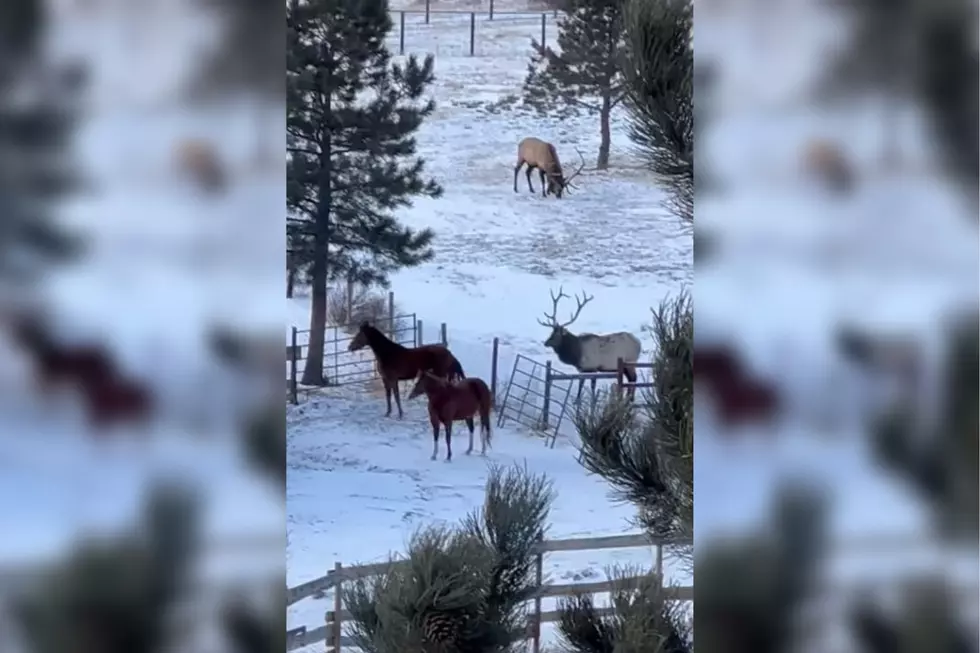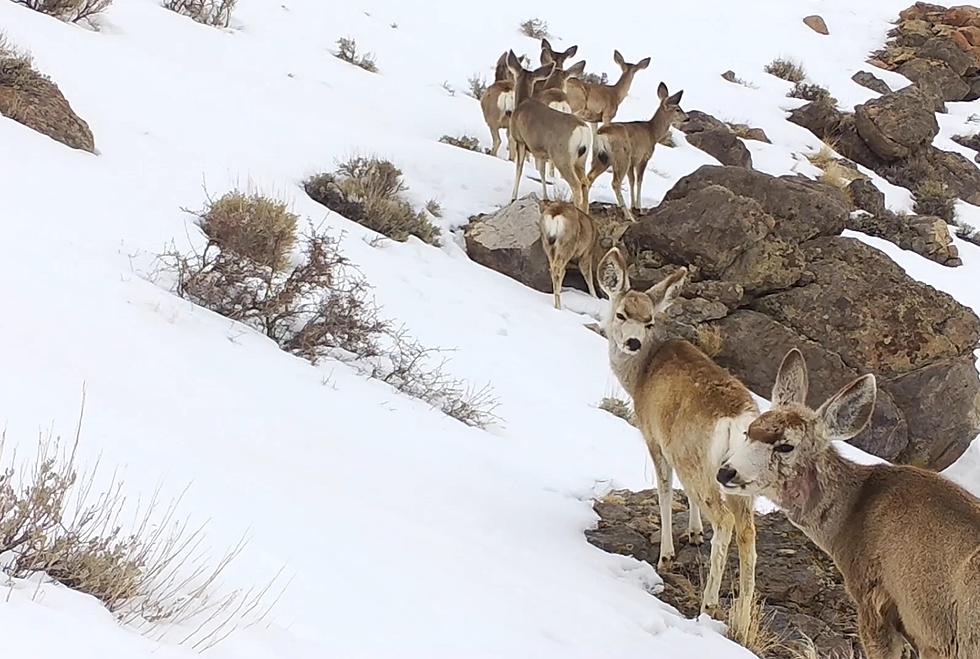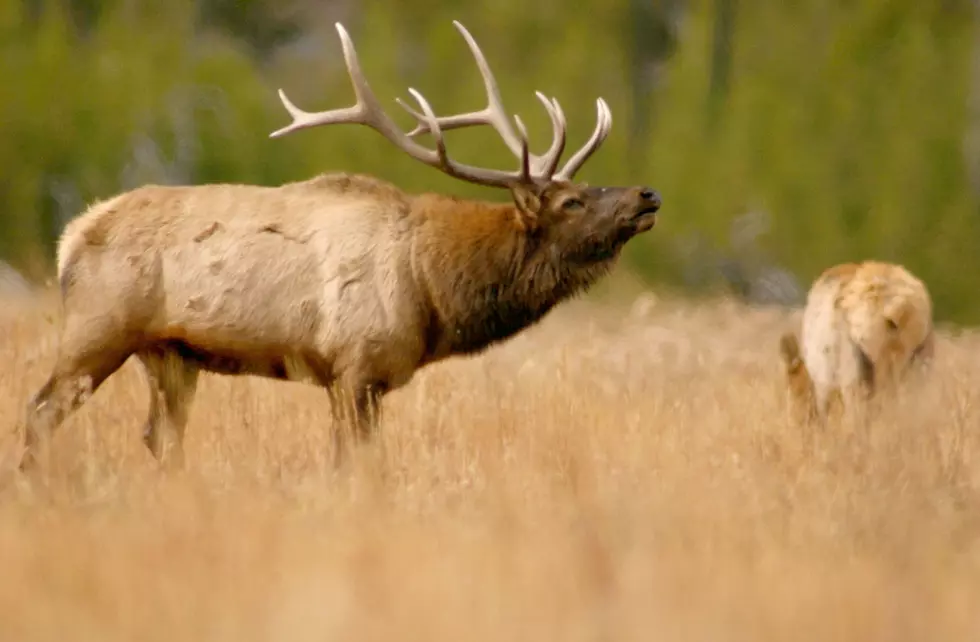
Environmentalists Want Plan to Reduce Wyoming Elk Feeding
JACKSON, Wyo. (AP) — An environmental group is urging federal wildlife managers to quickly develop an overdue plan to reduce the amount of supplemental feed given to wild elk on the National Elk Refuge in northwest Wyoming.
In a Dec. 4 letter to refuge officials, attorneys for Earthjustice said the plan was supposed to be released in 2008, the Jackson Hole News & Guide reported Friday.
Earthjustice said the need for the plan is more urgent now that chronic wasting disease has been detected in the adjacent Grand Teton National Park. The disease is fatal to elk, deer and moose, and Earthjustice said it could spread easily among elk that bunch together to eat the alfalfa pellets that refuge workers provide to supplement natural grass.
Refuge manager Brian Glaspell agreed the plan is needed but said federal officials need to work with state wildlife managers to develop what he called a step-down plan to reduce feeding. He said talks are underway with the Wyoming Game and Fish Department.
Glaspell said coming up with a plan is complicated, in part because the herd ranges onto land beyond the refuge. The refuge cannot pursue a solution on its own, he said.
"My hope, now that we have chronic wasting disease definitively on our doorstep, is that this will be a catalyst to push the step-down plan and, more importantly, its actions, across the finish line," Glaspell said.
Winter feeding of elk in the area began in 1910 to help them survive the winter and keep them from eating ranchers' hay in the Jackson area, according to the U.S. Fish and Wildlife Service, which manages the refuge.
A 2007 management plan called for limiting the Jackson elk herd to about 5,000 by 2022 to preserve habitat and limit disease, and to allow the animals to survive most winters without supplemental feeding. But the herd continued to grow, and the Fish and Wildlife Service now estimates their number at 11,000.
"We've had a decade to plan and implement a transition to a reduction or end of the feeding regime," said Earthjustice managing attorney Tim Preso of Bozeman, Montana. "We wasted that decade."
Preso said Earthjustice filed a lawsuit in 2007 because the management plan did not include any firm commitment to end feeding, but the courts opted to allow the Fish and Wildlife Service to develop the plan on its own terms.
"Flash forward a decade, they haven't issued a plan to begin the process of phasing out feeding, and now we have chronic wasting disease in Grand Teton National Park," he said.
Preso stopped short of saying Earthjustice would file another lawsuit.
"It's really an invitation to get moving in this process," he said.
More From KOWB 1290









